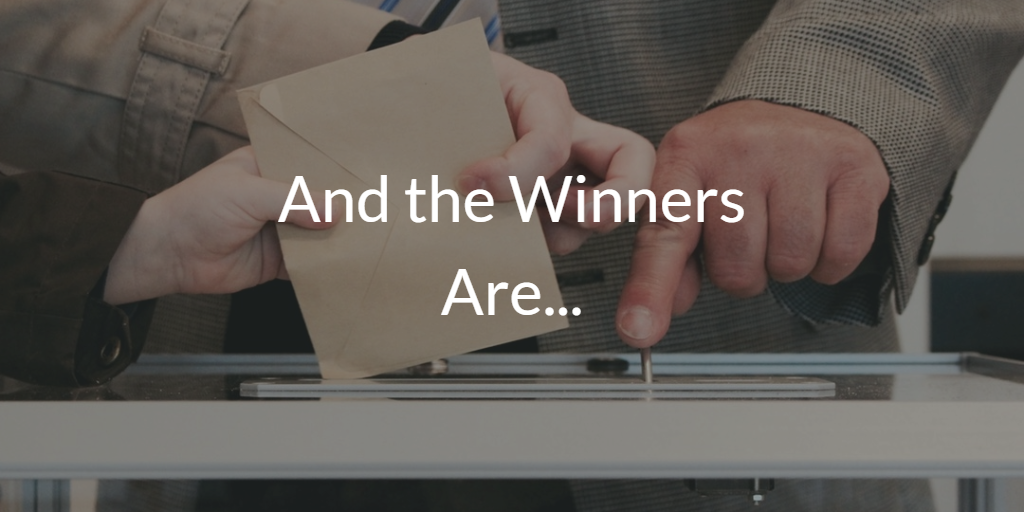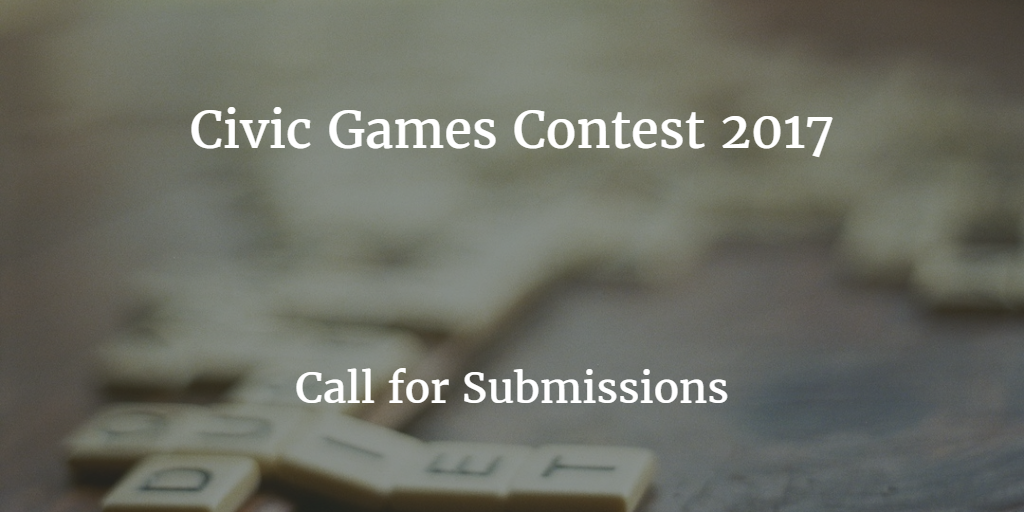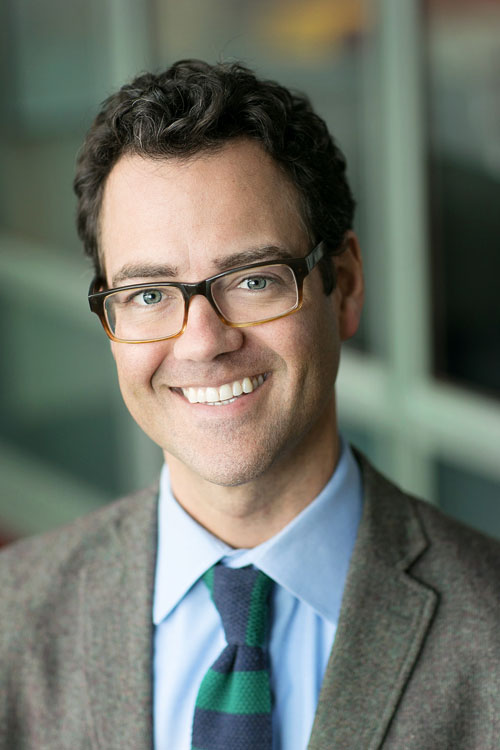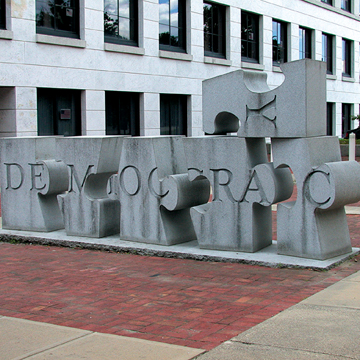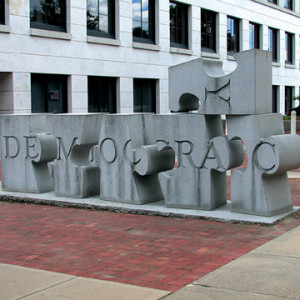Education is facing a crisis: it is increasingly divorced from efficacious citizenship. This crisis is linked to the widely felt crisis in democracy itself, understood not only as a system of formal governance but as a way of life which sustains and enhances civic agency—the individual and collective capacity for meaningful social action.
To address these related crises—and in recognition of a new institutional home at the University of Minnesota College of Education and Human Development—The Good Society invites submissions exploring the purpose, practice, and prospects of education, broadly conceived. What is the purpose of education in societies aspiring to democracy? How has that purpose been conceived and realized historically, across cultures and time? How do current educational practices and policies reflect, achieve, or fail to advance it in various local, national, and global settings? What are the likely consequences, for today and for the future?
Read more

